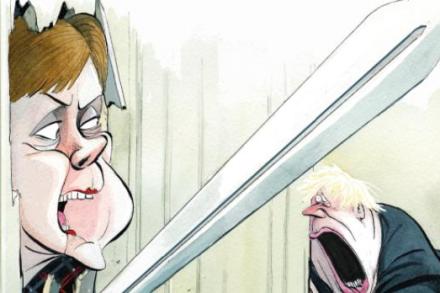Can the UK government navigate the SNP’s calls for a second referendum?
The Unionist tactical voting in Scotland makes it tempting to see the country as split down the middle between pro-independence and anti-independence voters. But this is not quite right. There is a good argument that the Scottish electorate is actually split three ways between Unionists, Nationalists and those who aren’t fully decided on the constitutional question. It is this third group who will determine the result of any second referendum. So, the UK government has to have them in mind when thinking about how to handle the inevitable request for a Section 30 order and a second referendum. The first thing to say is that the UK government should ensure


